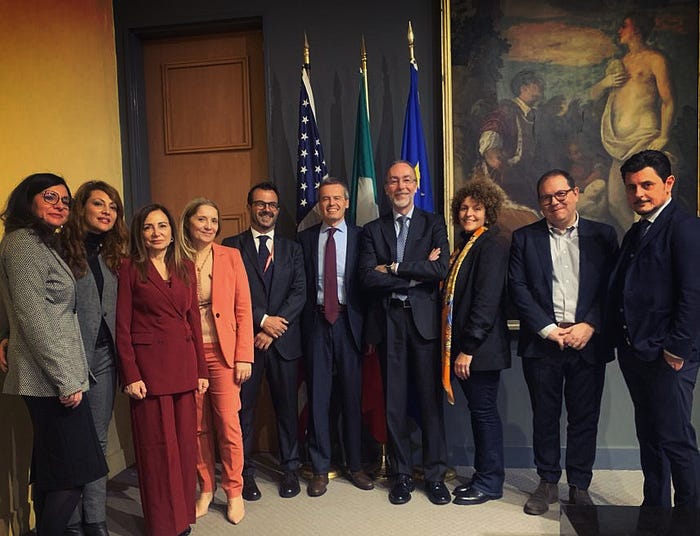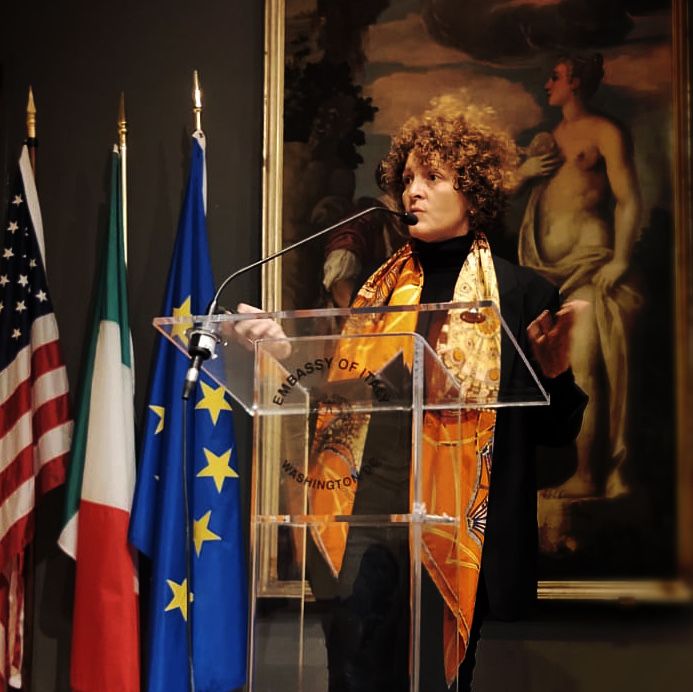Mediterranean Diet and Italian Cuisine: age-old heritages for global health.
We have celebrated Italian Cuisine Week in the World for eight years since 2015 when the World’s awareness changed. It has changed thanks to EXPO, which launched a solid and clear motto to the World from Milan — ”Feeding the Planet. Energy for Life” — paving the way for global reflection thanks to the announcement of the United Nations 2030 Agenda, which created an international watershed in the perception of the impacts generated by our way of life; with the Paris Agreement and COP21, which welcomed the World’s commitment to containing the rise in the earth’s temperatures; and with Pope Francis’ Encyclical Laudato Si’, which spread the concept of integral ecology, explaining to the World that “we cannot live healthy in a sick world.”
In 2015, the Ministry of Foreign Affairs and International Cooperation, using the network of Embassies, Consulates, and Italian Cultural Institutes and the support of ICE, launched an initiative that I like to call “gastro-diplomacy.” An initiative that, by spreading Italian food and wine culture around the World, supports the promotion of enogastronomic heritage and also conveys a political message: the celebration of our “living heritages,” national identity, and a model of development that promotes health, culture, inclusion and sustainability.
Italian Cuisine, resulting from a thousand-year journey, is a mosaic of values, biodiversity, cultures, and regional traditions. Every dish is a story, every ingredient a memory of different lands. Each element symbolizes a heritage that has evolved with love and respect for nature, from pasta to wine. This Cuisine is a dialogue between past and present, a balance of simplicity and refinement, a hymn to conviviality. But it is also the result of pioneering food policies that, over the centuries, have made Italy one of the most avant-garde countries on food security issues, the fight against waste, and sustainable agricultural practices. Even the United Nations has chosen Italy as its headquarters for “food,” nutrition, and world agriculture, with the headquarters of the Food and Agriculture Organization (FAO), the World Food Program, and the International Fund for Agricultural Development (IFAD) in Rome. So, perhaps, it is no coincidence that in this humus, from the vision and tenacity of Carlo Petrini, Slow Food was born: the movement that promotes “good, clean and fair” food in the World; nor can it be coincidental that that is the very land that is the cradle of the Mediterranean Diet and the place (Pioppi, Municipality of Pollica in the province of Salerno) chosen by scientists Ancel Keys and Margaret Haney to codify it and make it known to the World.

I connect all these dots and think, “Italian cuisine wasn’t built in a day.” And I reflect. Today, by celebrating culinary art, we celebrate a more remarkable history, a treasure that has evolved in its simplicity but in depth.

